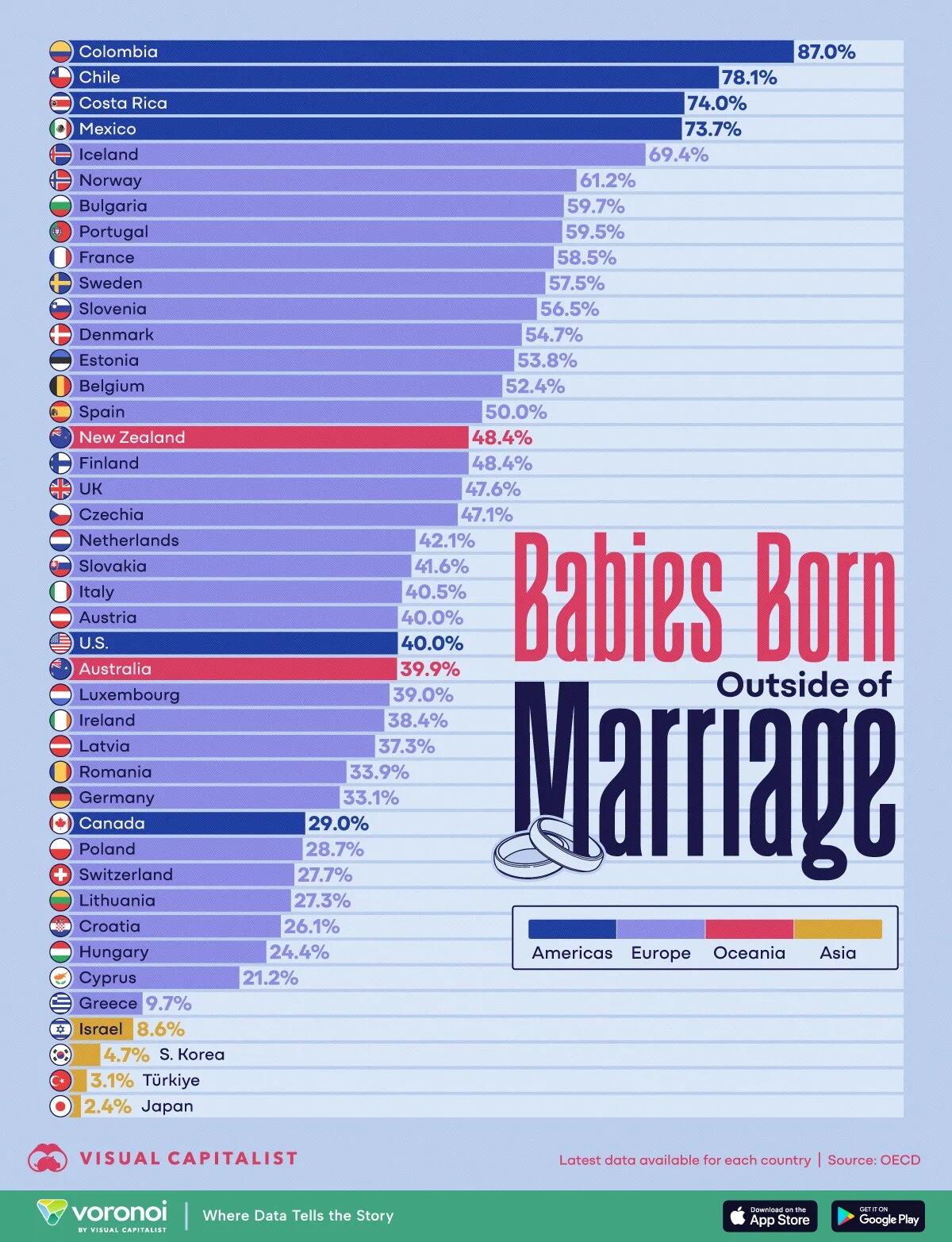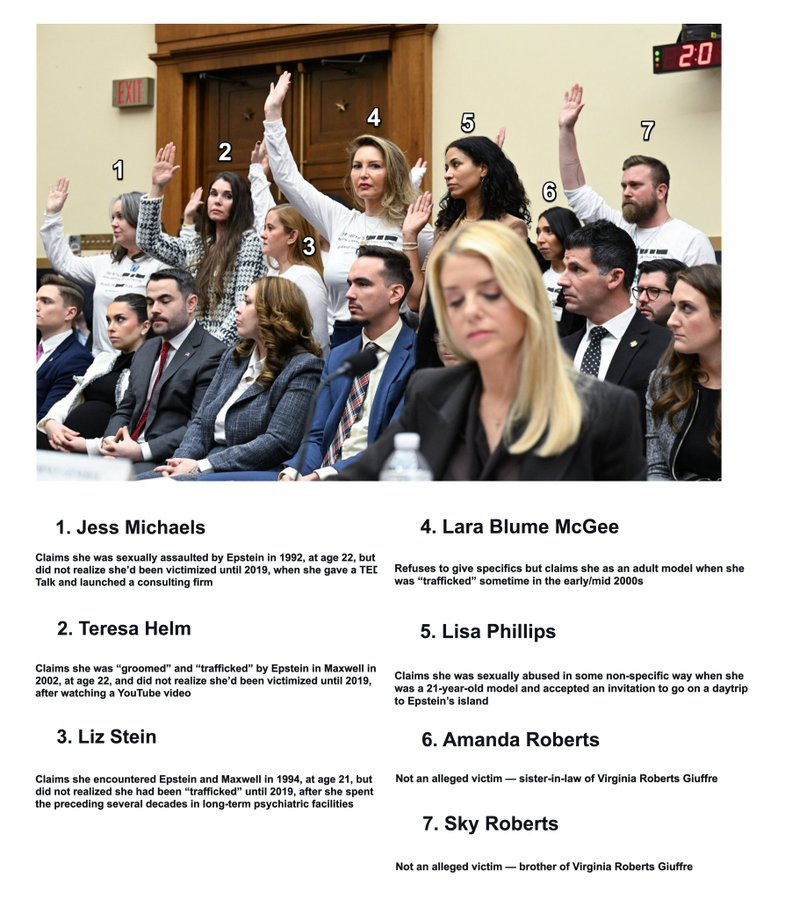We are ambivalent about SSPX; here in Milwaukee there are plenty of Extraordinary Form (Old Rite/Usus Antiquior) Masses available without going to the local SSPX chapel.
That said, it is clear that Pp. Leo's machine is determined to put the smackdown on SSPX which--by all published accounts--is simply not a threat to the Church. In fact, it could be argued that amity between SSPX and Rome will be a very good thing because it will result in doctrinal clarifications sorely needed in the wake of Vatican II.
In the latest skirmish, the Cardinal responsible for negotiating with SSPX over ordination of two new Bishops laid down some utter stupidity. Bp. Schneider responded.
... Bishop Athanasius Schneider declared
that Cardinal Víctor Manuel Fernández’s claim that Vatican II’s texts
cannot be modified is “completely wrong.”...
...During an Monday interview with Moynihan, Schneider defied Fernández’s
claim that Vatican II texts cannot be “corrected,” clarifying that the
only texts that cannot be changed are the “Word of God,” the Bible, and
“proclaimed dogmas,” although a dogma may be clarified by a pope or a
council.
Moynihan pointed out that Vatican II
was declared a “pastoral council,” and Schneider affirmed that Pope John
XXIII himself clarified this....
Pp. Leo should consider replacing + Fernandez as his negotiator. That Cardinal comes with some serious baggage and as is obvious from the above, doesn't know what he's talking about. Of course, it is possible that +Fernandez faithfully represents the views of Pp Leo,which would be a grave escalation of this problem.
...Father Davide Pagliarani, the Superior General of the SSPX, announced
today that the SSPX will move forward with episcopal consecrations on
July 1, noting that a doctrinal understanding between the SSPX and the
Vatican is currently “impossible” especially since Fernández claimed “the texts of the Council cannot be corrected, nor can the legitimacy of the liturgical reform be challenged.”...
There is a group of Progressive apparatchiks in the Vatican who have made it their life's mission to stomp out the Usus Antiquior. Both Pp. St John Paul II and Pp. Benedict XVI have refused to do so, (as did Pp Paul VI in a limited fashion.) All three had very good reason to do what they did, and those reasons have not changed. But like with the Deep State here, the cockroaches survived and continue their mission no matter what.
Fernandez is playing the Clinton 'what is is?' word-game here. While the 'legitimacy of.....reform' in and of itself cannot be challenged, the real question is "What is 'reform'?"--a question which +Fernandez does not want asked, because the answer leads back to doctrine--something that the Second Vatican Council did not address, nor touch. Therefore, Fernandez attempts to slam the door with egregious.......ahhh.....stupidity (we shall not say 'lies' yet) in hopes that the fog will confuse people.
It does not, Eminence. Ever since the Clintons, we in the USA have seen BS for what it is.
Drop it.
More on the topic here. Morrison also sees the termite/cockroach problem, as did Benedict XVI--whom he cites.










